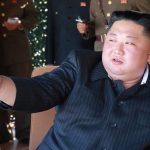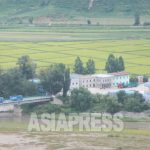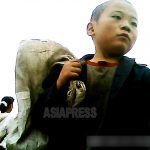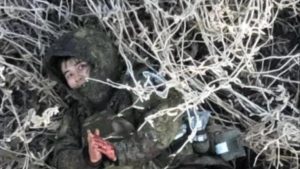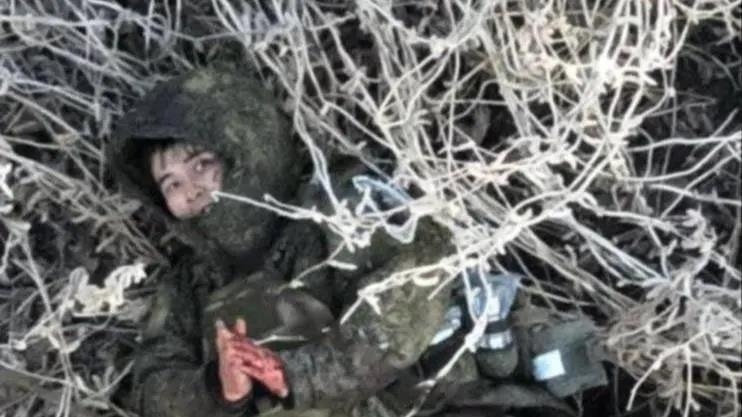
Since North Korean authorities first officially acknowledged the Russian deployment on April 28, 2025, an unprecedented "heroic drama" has been unfolding in Pyongyang.
Since April, North Korean state media has continuously broadcast award ceremonies for deployed soldiers, celebratory performances, and events consoling families of soldiers who died during deployment. While the authenticity of these events remains unclear, through this series of processes, North Korean authorities appear focused on creating "new heroes" for the Kim Jong-un era.
The world seems largely unaware of the dangers of the heroism spreading in North Korea. This series aims to specifically examine the purpose and dangers of the hero-making project currently pursued by the Kim Jong-un regime through the experiences and perspectives of a North Korean-born journalist and reports from internal reporting partners.
As the first installment, we examine how the "new heroes" created by the Kim Jong-un regime differ from the past and what narrative they are packaged in, focusing on related videos recently released by Korean Central Television. (JON Song-jun / KANG Ji-won)
◆The way making heroes has changed
North Korea has a lineage of heroes. Heroes from the anti-Japanese armed struggle period had a clear enemy in imperialist Japan and a distinct goal of "Korean liberation," while Korean War heroes had enemies in "American imperialism" and "South Korean puppets" and the goal of "national unification." What past heroes had in common was defending Korean land for the Korean people.
But "Russian deployment heroes" are different. The place they sacrificed their lives was not their homeland but a foreign country, and what they protected was not the "Korean people" but "Russia." In that sense, North Korean authorities have consciously created a kind of "mutation" called "Russian deployment heroes" that doesn't fit the grammar of past heroes.
North Korean authorities try to explain this mutation through the new justification of international solidarity. However, it's questionable how convincing the value of international solidarity will be to North Koreans who have been isolated from the outside world for more than 80 years while nationalism was promoted.
North Korean authorities know this well, which is why they are putting special effort into creating "heroes." For North Korea, which brainwashes its entire population with propaganda surpassing Nazi Germany, creating a single hero is not particularly difficult.
Looking at videos released by Korean Central Television, one can find sophisticated staging of North Korean propaganda for this purpose.
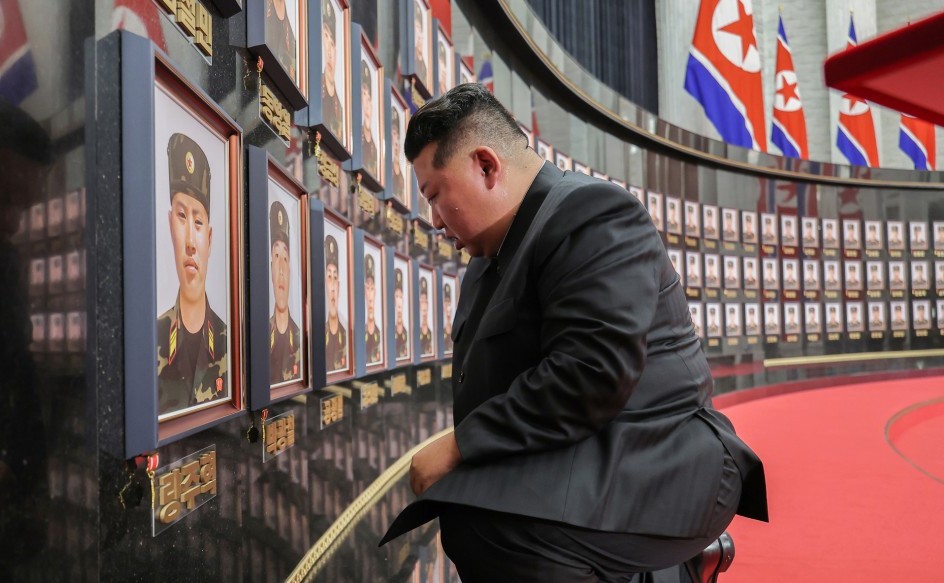
◆Kim Jong-un's groundbreaking image staging
The most important aspect of staging to create new heroes is establishing the relationship between the leader and the heroes.
A celebratory performance held at Pyongyang's April 25 House of Culture on August 21 staged a groundbreaking scene in North Korean propaganda history. In the middle of the performance, cameras captured Kim Jong-un directly stroking the coffins of fallen soldiers (whether actual remains or relics are inside is unknown) with tears in his eyes. This was staging rarely seen in North Korean propaganda during the Kim Il-sung and Kim Jong-il eras.
From this journalist's experience living in North Korea, death was always handled abstractly in North Korea's official events and packaged in conceptual expressions like "the Great Leader is forever with us." But in this video, death is concretized through the reality of coffins, connected to the state through national flags and the national anthem covering them, and sanctified through Kim Jong-un's touch stroking them.
Particularly striking staging shows Kim Jong-un kneeling before photos of fallen soldiers (authenticity unclear) and pinning hero medals on them. The supreme leader kneeling itself represents a major change in North Korean political culture. This appears to be a strategy to secure the legitimacy of heroes through the image of a leader mourning while kneeling before heroes.
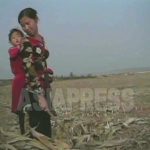
![[Video Report] National bus network of the N.Korean market economy](https://www.asiapress.org/rimjin-gang/wp-content/uploads/2018/07/201309NK_pyeongseong_17ro-150x150.jpg)
